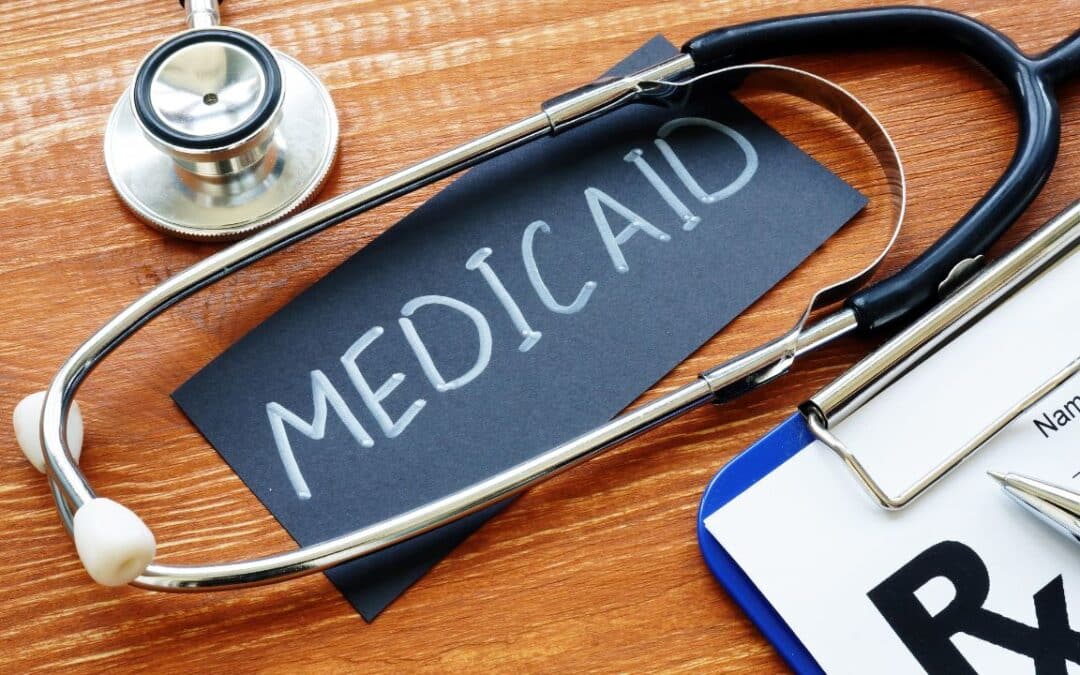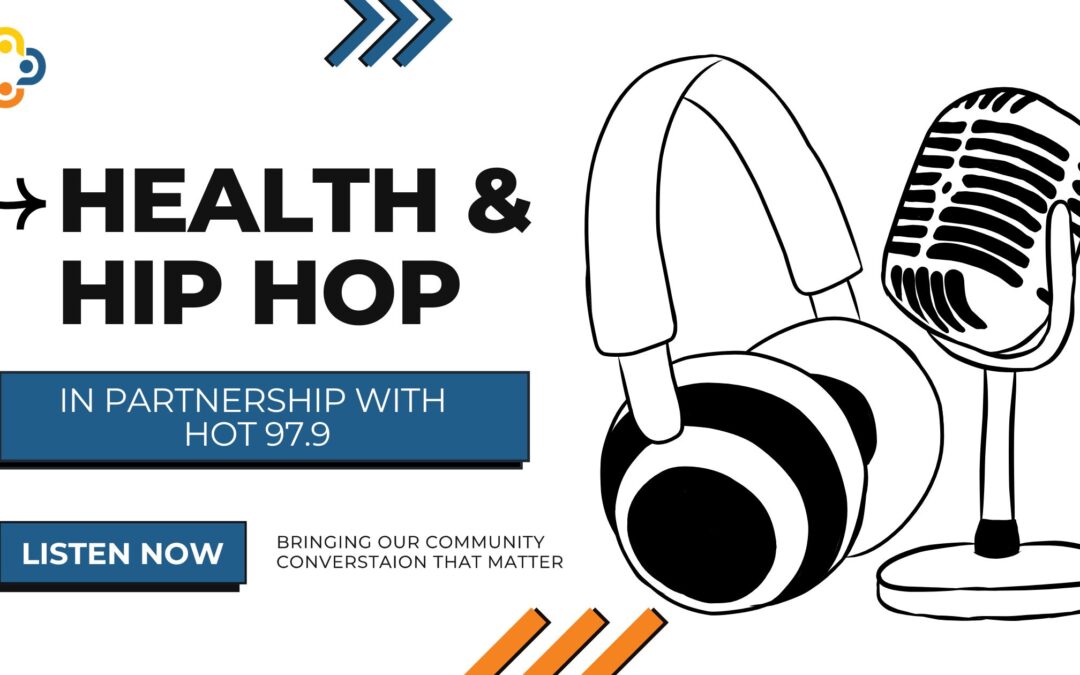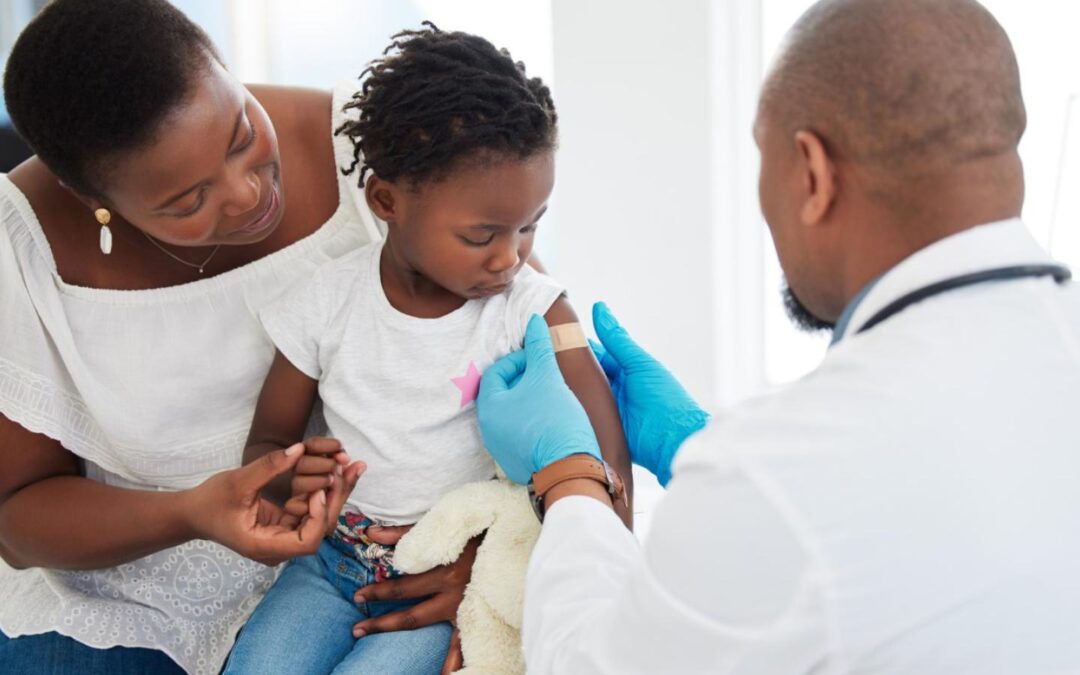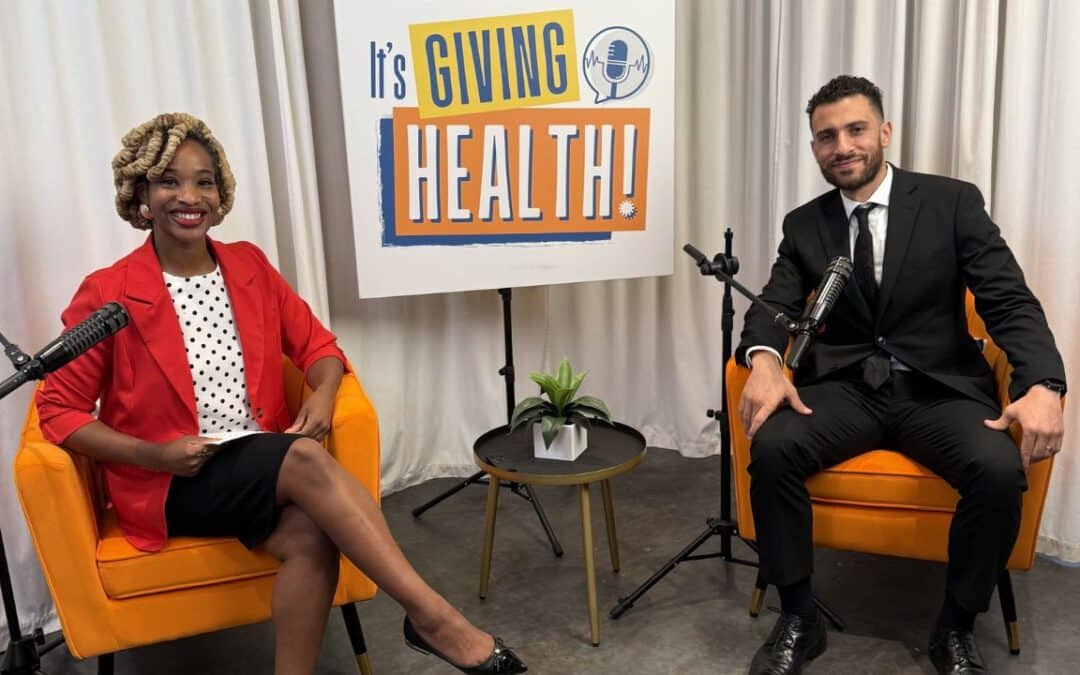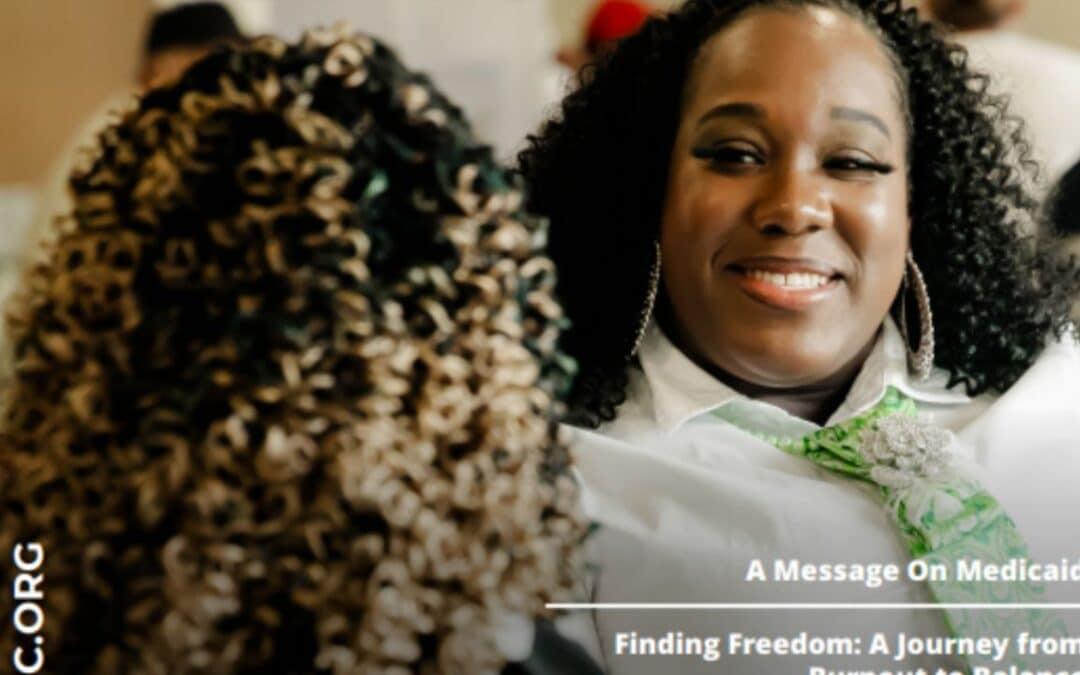
June marks Men’s Health Awareness Month, this month plays a crucial role in bringing attention to the health disparities men face, many of which can be prevented or better managed with the right care, knowledge, and support. Advance Axcess Practice Manager, Owens, and Primary Care provider, Kerry Mackey, PA-C, explain the importance and understanding of Men’s Health Awareness.
“Men’s Health Awareness Month shines a critical light on issues that often go unspoken. Many men are conditioned to “tough it out,” which leads to delayed diagnoses, untreated mental health conditions, and preventable complications. This month provides a platform to educate, advocate, and encourage men to take proactive ownership of their physical and mental health,” said Mackey.
According to the CDC, men are less likely to visit a doctor for routine check-ups and are more likely to engage in risky behaviors such all types of illicit drugs. These patterns lead to higher rates of many serious illnesses and shorter life expectancy compared to women.
Misconceptions and Stereotypes
A major barrier to improving men’s health is the abundance of misconceptions and harmful stereotypes that persist in society. Many men grow up with the belief that they need to be “tough,” that asking for help is a sign of weakness, that “they don’t want to be considered as less of a man,” said Owens.
“Stereotypes like “real men don’t cry” or “men don’t need help” create a toxic silence. They discourage men from discussing symptoms, whether it’s persistent sadness, erectile dysfunction, or fatigue. These issues are treatable, but stigma keeps too many men from reaching out until it’s too late.” said Mackey.
These cultural norms can discourage men from acknowledging pain or mental distress and cause them to delay or completely avoid seeking medical care.
“A lot of men do not take care of themselves as they should regardless if that’s mentally or physically because of the stigma. They don’t want bad results, so they avoid going and don’t realize you can go to the doctor for preventative care,” said Owens.
Mental Health Is Often Overlooked
Mental health is an especially overlooked and under-discussed aspect of men’s overall well-being. Men are significantly less likely than women to seek treatment for mental health conditions like depression, anxiety, and PTSD.
“I’ve had male patients who didn’t realize they were clinically depressed until we framed it in terms of sleep changes, job burnout, or physical complaints. Our systems and social messaging haven’t made space for men to recognize or articulate emotional distress.” said Mackey.
The stigma surrounding mental health in men often leaves them feeling isolated or ashamed of their struggles. It’s important to reinforce the message that emotional health is just as important as physical health and that there is strength in seeking help.
Breaking the Stigma
Conversations around mental wellness, emotional vulnerability, and preventive care should become normalized, especially in communities where these topics have been historically silenced.
“Until you break the cycle, the cycle will not be broken. A lot of people raise their kids based on how their parents raise them. We must make sure we are not embedding the generational curses that come along with that,” said Owens.
By encouraging men to open up about their struggles and reminding them that health care is for everyone, we can create an environment where seeking help is seen as a strength, not a weakness.
“We need to show that strength also means having the courage to address what is going on beneath the surface,” said Mackey.
Support and Resources at Advance Community Health
At Advance Community Health, we are committed to offering the support men need to live healthier lives. From primary care and behavioral health services, we provide affordable, accessible, and compassionate care. For men who are uninsured or underinsured, our sliding fee discount program ensures that cost is not a barrier to staying healthy.
Men’s Health Awareness Month is a movement to prioritize the well-being of men in our communities. Whether you’re overdue for a check-up, feeling overwhelmed and unsure how to ask for help, or simply trying to make healthier lifestyle choices, this is your reminder that you matter and your health matters.
Talk to a provider and have a conversation and encourage the men in your life to do the same. Schedule an appointment by calling 919-833-3111.

